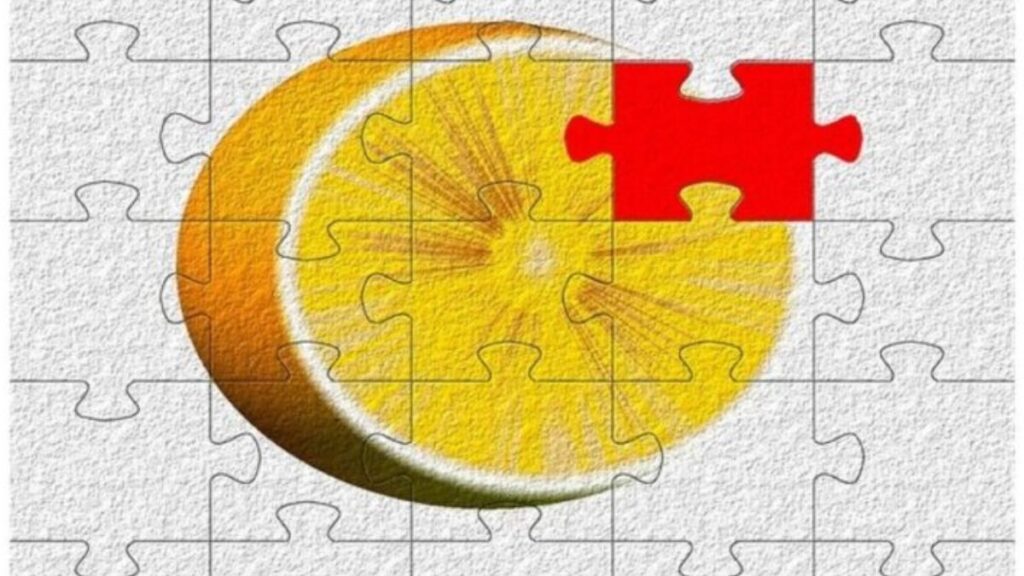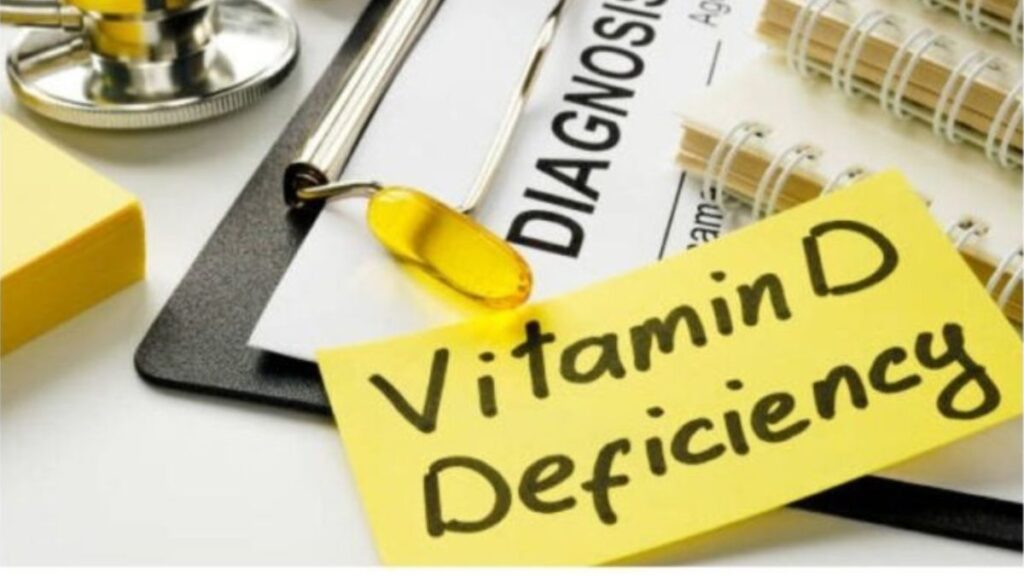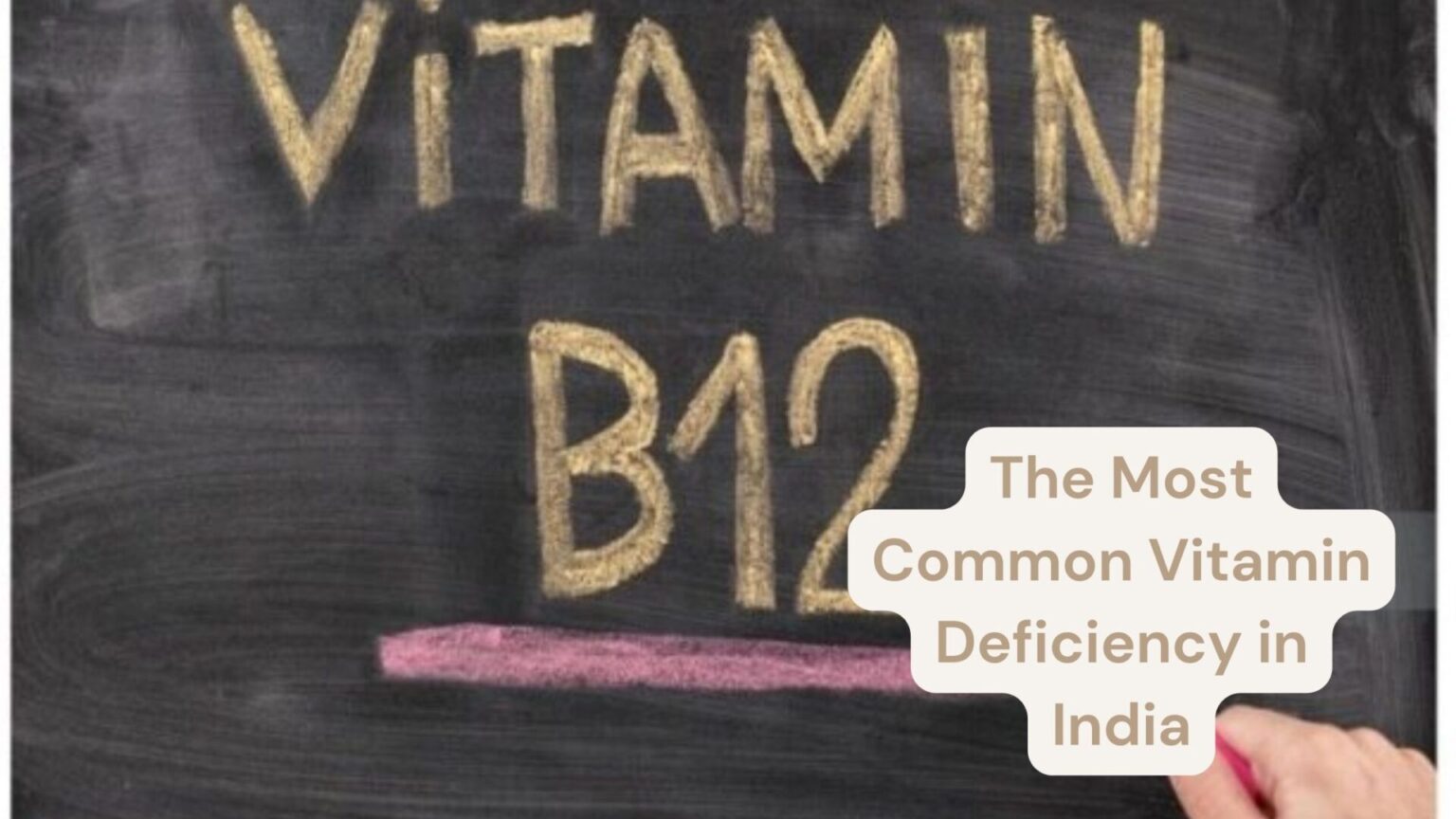Introduction:-
The Most Common Vitamin Deficiency in India: Causes and Consequences

Vitamin deficiencies are a significant public health concern worldwide, and India is no exception. While various vitamins are essential for overall well-being, one deficiency stands out as the most prevalent in the Indian population – Vitamin D deficiency. In this article, we’ll explore the causes and consequences of this widespread health issue and understand why it’s a matter of concern.
Understanding D Vitamin Deficiency in India
Vitamin D, often referred to as the “sunshine vitamin,” plays a crucial role in maintaining bone health, supporting the immune system, and regulating various bodily functions. The primary source of vitamin D is sunlight, which triggers its synthesis in the skin. However, a large proportion of the Indian population faces challenges in obtaining an adequate amount of sunlight, leading to a high prevalence of Vitamin D deficiency.
Causes of Vitamin D Deficiency in India
Several factors contribute to the prevalence of Vitamin D deficiency in India:
- Limited Sun Exposure: Many Indians have lifestyles that involve spending a significant amount of time indoors, which restricts exposure to sunlight.
- Skin Pigmentation: People with darker skin produce less vitamin D in response to sunlight compared to those with lighter skin, making them more susceptible to deficiency.
- Geographical Location: India’s vast geographical diversity means that some regions receive less sunlight throughout the year, further exacerbating the deficiency issue.
- Cultural Practices: The traditional practice of covering the body with clothing and using umbrellas in the sun also limits sun exposure.
- Dietary Habits: Diets low in vitamin D-rich foods and inadequate supplementation contribute to the deficiency.
Consequences of Vitamin D Deficiency
Vitamin D deficiency can have far-reaching consequences on health:
- Bone Health: A lack of vitamin D can lead to weakened bones, increasing the risk of conditions like osteoporosis and fractures.
- Immune Function: Vitamin D plays a vital role in supporting the immune system. Deficiency can make individuals more susceptible to infections and autoimmune diseases.
- Mood and Mental Health: Emerging research suggests a link between vitamin D deficiency and mental health conditions such as depression and anxiety.
- Cardiovascular Health: Some studies have associated vitamin D deficiency with an increased risk of heart disease.
- Diabetes: There is evidence to suggest that low vitamin D levels may be associated with an increased risk of type 2 diabetes.
- Cancer Risk: While the evidence is still evolving, some studies have explored potential links between vitamin D deficiency and an increased risk of certain cancers.
Prevention and Management
Preventing and managing Vitamin D deficiency in India requires a multi-faceted approach:
- Sunlight Exposure: Whenever possible, individuals should aim for safe sun exposure, particularly during the early morning or late afternoon.
- Dietary Sources: Incorporating foods rich in vitamin D, such as fatty fish (salmon, mackerel), fortified dairy products, and egg yolks, can help improve vitamin D intake.
- Supplementation: In cases of severe deficiency or when dietary sources are insufficient, supplementation may be recommended under the guidance of a healthcare professional.
- Regular Screening: Routine screening for vitamin D levels can help identify deficiencies early and guide appropriate interventions.
- Health Education: Raising awareness about the importance of vitamin D and its sources is essential, especially in regions with a high prevalence of deficiency.
Why do Indians have B12 deficiency?
Indians, like people in many other parts of the world, can be susceptible to Vitamin B12 deficiency due to various factors. Here are some of the primary reasons why B12 deficiency is relatively common in India:

- Vegetarian and Vegan Diets: A significant portion of the Indian population follows vegetarian or vegan diets. Vitamin B12 is predominantly found in animal-based foods like meat, fish, and dairy products. As a result, those who avoid or limit animal products in their diets may not get an adequate B12 intake.
- Low Consumption of Fortified Foods: While some countries have widespread fortification of foods with B12, it is not as common in India. Many staple foods in India, such as lentils, rice, and vegetables, are not naturally rich in B12. As a result, the dietary intake of B12 is often insufficient.
- Gastrointestinal Conditions: Certain gastrointestinal conditions, like atrophic gastritis and celiac disease, can interfere with the absorption of B12 from the food consumed. These conditions can affect individuals of any nationality, including Indians.
- Helicobacter Pylori Infection: This bacterial infection is more prevalent in India and can lead to inflammation in the stomach lining, which may hinder B12 absorption.
- Use of Antacids: Antacids and acid-suppressing medications, commonly used for heartburn and indigestion, can reduce the production of stomach acid. Adequate stomach acid is necessary for the release of B12 from food, so these medications can affect B12 absorption.
- Traditional Food Preparation Methods: Traditional Indian food preparation methods, like fermentation and prolonged cooking, can lead to B12 loss from foods. Additionally, washing food items too thoroughly can result in B12 loss.
- Hygiene Practices: In certain regions, less strict hygiene practices can lead to bacterial contamination of food and water, which may result in gastrointestinal infections that can further impair B12 absorption.
- Genetic Predisposition: Some individuals may have a genetic predisposition to B12 deficiency, making them more susceptible regardless of their diet and lifestyle.
To address B12 deficiency in India, it’s important to raise awareness about the importance of B12, encourage dietary diversification, and, when necessary, consider B12 supplementation under the guidance of a healthcare professional.
Conclusion
Vitamin D deficiency is a prevalent health issue in India, primarily due to limited sunlight exposure, dietary habits, and geographical factors. Understanding its causes and consequences is crucial for individuals to take proactive steps to prevent and manage this deficiency. By increasing awareness, making dietary adjustments, and ensuring safe sun exposure, we can collectively address this significant public health concern and improve the overall well-being of the Indian population.






